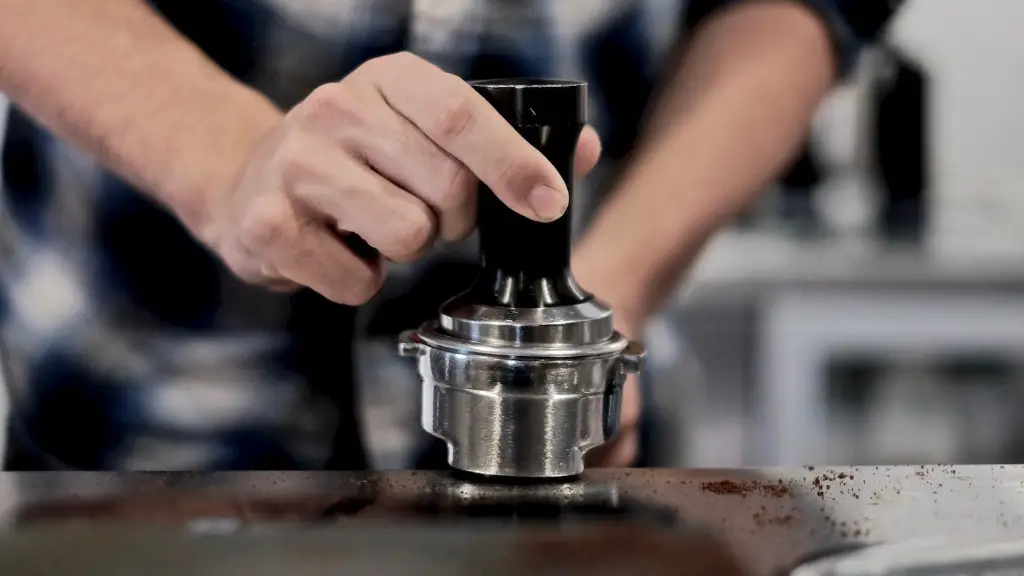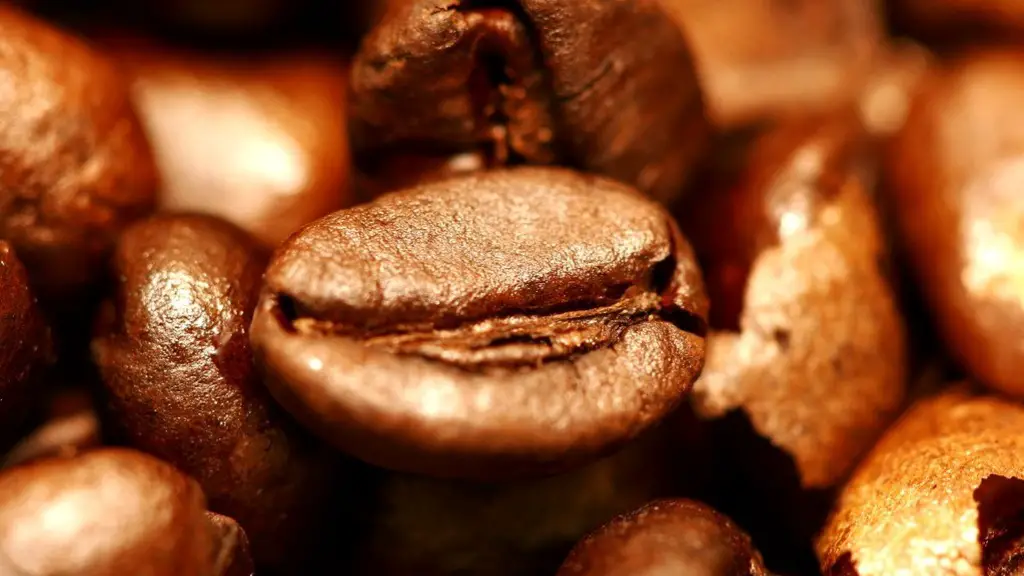When it comes to drinking coffee before a workout, the topic can be a bit controversial. Everyone has an opinion, but few understand the scientific, practical and physiological implications involved. Some are advocates while others are opponents. But which is right? Is there an optimum time to drink and enjoy your caffeinated elixir? Recent research suggests there are particular times when drinking coffee before and during a workout can actually be beneficial.
The caffeine in coffee works as a stimulant, which helps to reduce fatigue, making it easier to endure a longer workout, or to increase the intensity of a workout. It also helps to break down stored fat and improve metabolism. Some experts suggest that, if used in this way, caffeinated workout beverages, particularly those containing caffeine from coffee, can help you maximize your exercise performance by improving exercise economy and power output.
There are also some proven benefits of drinking coffee before a workout. A leading physical therapist suggests it can be beneficial to consume coffee an hour before your workout. This releases adrenaline and other hormones that facilitate your workout. Adrenaline helps to increase the number of calories burned and enhance physical performance.
Additionally, drinking coffee before a workout is a great way to get a head start on your daily hydration goals. While coffee does not offer the same degree of hydration as water, it still contributes to the overall hydration process and helps to avoid dehydration. A study by the American Journal of Clinical Nutrition shows that drinking caffeine before and during exercise can reduce the risk of dehydration.
However, it is important to understand that coffee is a diuretic – meaning it can cause a person to produce more urine, leading to dehydration. It is essential to drink plenty of water prior to, during and after a workout, as well as to monitor your intake of coffee to make sure you are not consuming too much caffeine.
Positive Effects
Overall, drinking coffee before a workout can have a positive effect on cognitive performance, attitude and overall workout satisfaction. A study published in the Journal of Sport and Exercise Psychology found that coffee consumption before a workout can reduce exercise-induced fatigue and boost positive affect. This means coffee not only helps you feel better during a workout, it can also make you feel better after a workout.
Drinking coffee before a workout can also work to reduce post-workout muscle pain. Caffeine has an analgesic effect, which means it can reduce perceived pain and physical discomfort during exercise. This can make a workout more tolerable and help to maintain a steady and consistent pace throughout the workout.
Finally, coffee consumption can help to reduce feelings of muscle soreness. Various studies have suggested that drinking coffee before a workout may help to reduce the feelings of exercise-induced muscle soreness. This can make getting back into the gym more bearable and lead to increased motivation to work out.
Negative Effects
Before beginning a workout, it is important to be aware of the potential negative side effects of drinking coffee before exercise. Caffeine is a stimulant and can cause an increase in heart rate, which can be dangerous for those with heart conditions or certain kinds of arrhythmia. Additionally, it can cause excessive sweating and an upset stomach, which are an unpleasant side effect that can interfere with the enjoyment of a workout.
Furthermore, caffeine is a powerful drug and can be addictive. It can interfere with the body’s natural ability to produce hormones and can potentially cause spikes in blood sugar levels. Too much caffeine can lead to increased anxiety, irritability, and insomnia. Therefore, it is important to be mindful of one’s caffeine intake and to consume it responsibly.
In addition, drinking coffee too close to a workout can result in a decrease in performance and focus. A recent study found that consuming coffee too close to the start of a workout can decrease the amount of time the body is able to sustain exercise without getting fatigued. Therefore, it is important to wait at least 30 minutes before beginning a workout after drinking coffee.
Alternatives to Coffee
If you’re looking for an alternative to coffee, there are several other options that can give you an energy boost before a workout. For example, tea contains a variety of beneficial antioxidants and can provide a gentle dose of caffeine. Many people also find green tea to be particularly beneficial for workouts. This is because it contains compounds like EGCG, which can help to boost metabolism.
In addition, there are a variety of energy drinks and sports drinks available on the market. Most of these drinks contain carbohydrates and electrolytes, which can help to power the body through a workout. This is particularly beneficial for those who perform high intensity interval training or any kind of demanding workout.
Lastly, some people prefer to opt for natural pre-workout energy supplements. There are a variety of natural supplements available, such as matcha, guarana, maca, and cocoa powder. These supplements provide energy and can also provide additional benefits like increased focus, improved digestion, and increased energy levels – all without any of the side effects of coffee.
Conclusion
At the end of the day, the decision to drink coffee before working out is a highly individual one. It is worth doing your own research and experimenting with different approaches. However, it’s important to take into account the potential negative side effects of coffee consumption and make sure to monitor your caffeine intake. Remember that there are also many great alternatives to coffee that can give you the energy boost you need for a great workout.



